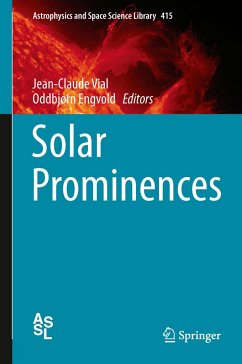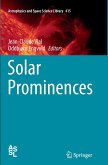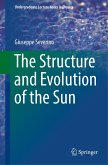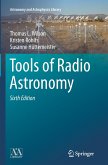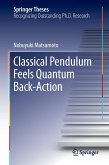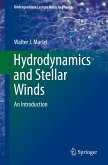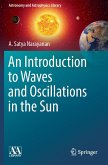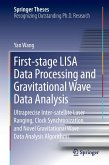This volume presents the latest research results on solar prominences, including new developments on e.g. chirality, fine structure, magnetism, diagnostic tools and relevant solar plasma physics.
In 1875 solar prominences, as seen out of the solar limb, were described by P.A. Secchi in his book Le Soleil as "gigantic pink or peach-flower coloured flames". The development of spectroscopy, coronagraphy and polarimetry brought tremendous observational advances in the twentieth century. The authors present and discuss exciting new challenges (resulting from observations made by space and ground-based telescopes in the 1990s and the first decade of the 21st century) concerning the diagnostics of prominences, their formation, their life time and their eruption along with their impact in the heliosphere (including the Earth).
The book starts with a general introduction of the prominence "object" with some historical background on observations and instrumentation. In the next chapter, the various forms of prominences are described with a thorough attempt of classification. Their thermodynamic (and velocity) properties are then derived with emphasis on the methods (and their limits) used. This goes from the simplest optically thin case to the heavy radiative treatment of plasmas out of local thermodynamic equilibrium. The following chapters are devoted to the magnetic field measurements and indirect derivation. A new branch of diagnostic tools, the seismology, is presented along with some MHD basics. This allows to better understand the propagation of waves, the energy and force equilibria. Both small-scale and large-scale studies and their relationship are presented. The importance of the newly discovered cavities is stressed in the context of prominence destabilization. The issues of prominence formation and eruption, their connection with flares and Coronal Mass Ejections and their impact on the Earth are addressed on the basis of the latest results. Finally, an exciting new area of research is unveiled with the newly discovered evidence of similar manifestations in the Universe and their possible impact on the habitability of exoplanets.
References to the basic physics (where necessary) are provided and the proposed web sites addresses will allow the reader to load exciting movies. The book is aimed at advanced students in astrophysics, post-graduates, solar physicists and more generally astrophysicists. Amateurs will enjoy the many new images which go with the text.
In 1875 solar prominences, as seen out of the solar limb, were described by P.A. Secchi in his book Le Soleil as "gigantic pink or peach-flower coloured flames". The development of spectroscopy, coronagraphy and polarimetry brought tremendous observational advances in the twentieth century. The authors present and discuss exciting new challenges (resulting from observations made by space and ground-based telescopes in the 1990s and the first decade of the 21st century) concerning the diagnostics of prominences, their formation, their life time and their eruption along with their impact in the heliosphere (including the Earth).
The book starts with a general introduction of the prominence "object" with some historical background on observations and instrumentation. In the next chapter, the various forms of prominences are described with a thorough attempt of classification. Their thermodynamic (and velocity) properties are then derived with emphasis on the methods (and their limits) used. This goes from the simplest optically thin case to the heavy radiative treatment of plasmas out of local thermodynamic equilibrium. The following chapters are devoted to the magnetic field measurements and indirect derivation. A new branch of diagnostic tools, the seismology, is presented along with some MHD basics. This allows to better understand the propagation of waves, the energy and force equilibria. Both small-scale and large-scale studies and their relationship are presented. The importance of the newly discovered cavities is stressed in the context of prominence destabilization. The issues of prominence formation and eruption, their connection with flares and Coronal Mass Ejections and their impact on the Earth are addressed on the basis of the latest results. Finally, an exciting new area of research is unveiled with the newly discovered evidence of similar manifestations in the Universe and their possible impact on the habitability of exoplanets.
References to the basic physics (where necessary) are provided and the proposed web sites addresses will allow the reader to load exciting movies. The book is aimed at advanced students in astrophysics, post-graduates, solar physicists and more generally astrophysicists. Amateurs will enjoy the many new images which go with the text.

